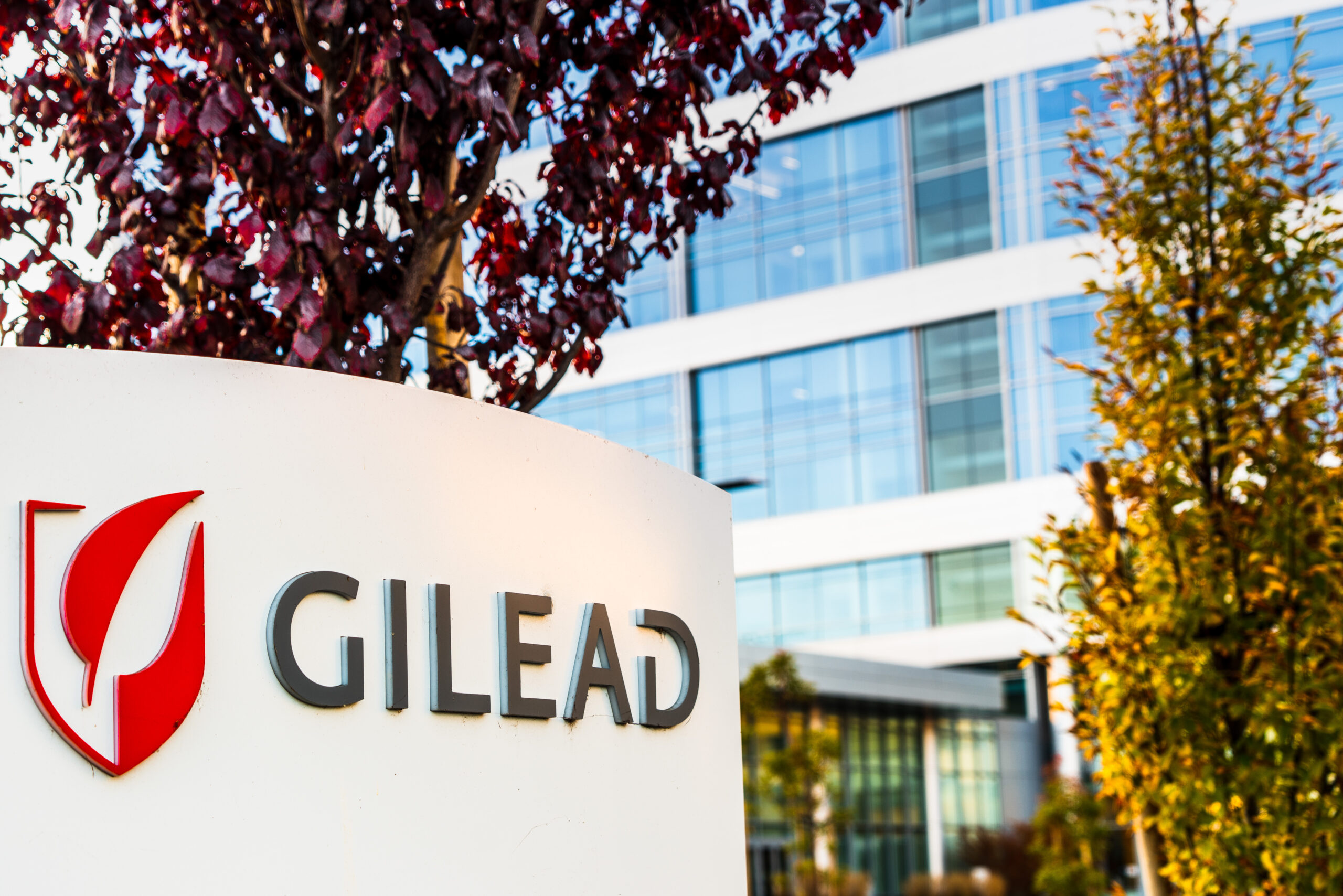On January 9, 2024, the State of California Court of Appeals ruled in part against Gilead in its motion for summary adjudication by allowing plaintiffs’ claim for ordinary negligence against the drug manufacturer to proceed. The earlier motion had been denied on all counts by the Superior Court.
The ruling comes after years of litigation involving Gilead’s tenofovir-based HIV drugs. In 2001, Gilead introduced tenofovir disoproxil fumarate (TDF). The medication proved effective in suppressing the effects of HIV but also created health risks to users, including skeletal and kidney damage. While developing TDF, Gilead discovered a safer alternative – tenofovir alafenamide fumarate (TAF) that early tests indicated was safer and offered fewer risks than the earlier version.
According to plaintiffs, however, Gilead delayed development of TAF so it could maximize profits from the first patent-protected drug, TDF. Both drugs are made from the same parent drug but TAF is 12 times more potent, requiring fewer doses and possibly causing less of the harmful side effects including tooth loss, bone decay and kidney damage. Internal documents refer to the strategy as “the patent extension strategy”.
Years after the introduction of TDF to the market Gilead resumed development of TAF and after FDA approval released it for sale in 2015. In explaining its decision to discontinue development of TAF, Gilead stated that the differences between TDF and TAF were insufficient to warrant developing the second medication. As noted in the court’s decision, plaintiffs alleged:
“……that Gilead’s decision to discontinue work on TAF was actually driven by a conscious business strategy to maximize the financial value of TDF. If TAF were developed immediately as a treatment, plaintiffs allege, its superiority to TDF would have resulted in its replacement of TDF as an HIV/AIDS treatment. By deferring development of TAF, in contrast, Gilead was able to maximize its sales of TDF, while using the later release of TAF to extend the patent coverage of tenofovir-related medications. As plaintiffs allege, this strategy “would effectively monetize both drugs.”
In response, Gilead argued that the plaintiffs could not seek compensation for harm caused by a product if that product is not proven defective, and that the company had no duty to disclose facts relating to TAF when that drug had not yet been approved by the FDA. It should be noted that the plaintiffs concede that TDF is not in itself faulty and should remain on the market.
To date there are approximately 24,000 plaintiffs in the coordinated proceedings pending in the Superior Court for San Francisco
Read our latest blog post here.







